The Apex Legends Global Series – the esports ecosystem for Apex Legends – had its debut year complicated by the COVID-19 pandemic. Year 1 of the ALGS was announced in December 2019, and the ALGS team had promised fans and competitors at least 12 live events for the season. But as senior director and commissioner of Apex Legends Competitive Gaming at EA John Nelson noted in an interview with Upcomer, “before we could hold the first one, the world was a very different place than when we had announced it.”
Nelson’s path to Apex Legends esports
Nelson has almost 20 years of experience working in gaming and esports. He joined EA in 2016, with the Apex Legends competitive scene as his “passion project.” Prior to this, he worked as the director of league operations for Activision Blizzard and also served as the commissioner for Major League Gaming.
Apex Legends was immediately attractive to Nelson as a project to work on and a game to enjoy in his free time. He told Upcomer Apex is his favorite game to play in general.

“This game just appeals to me and appealed to me from the first day that I played it,” Nelson said. “My team started to work with the Respawn development team about a year before the game launched and we recognized immediately the potential that it had in esports.”
The ALGS’ rocky debut and changes for Year 2
Year 1 was a strenuous test of that potential, as all of the events had to transition online on a tight schedule. No one knew what to expect from Apex Legends esports yet, so the ALGS team had a lot to deliver on during a time when everyone in the esports event industry was struggling.
But despite these challenges, the ALGS’ debut year went well. The 2020 ALGS Winter Circuit Playoffs marked the first time Apex made it to 100,000 Average Minute Audience, exceeding the previous ALGS viewership record by more than 50%, according to ALGS PR. This record was beaten shortly after during the ALGS NA Championship Finals, which saw a cumulative 180,000 AMA.
Heading into Year 2, it became apparent to Nelson and the team that ALGS was ready to move in a different direction for its format.
“While we were delivering Year 1 and planning for Year 2, it became apparent to us that we were ready for a transition into a pro league model,” Nelson said. “Away from a completely open ecosystem that we had in Year 1 to one in which we were able to put more of a focus on the very best players in the game.”
You've been patiently* waiting to watch Day 3 & Day 4 of the #ALGS EMEA & North America Pro League this weekend.
We're excited, too.
Who's coming out on top? 😈
EMEA:
10/23/2021A vs. B
10/24/2021C vs. D🟣 https://t.co/chN63V3KfC
🔴 https://t.co/D85FlI6B31 pic.twitter.com/7HnPaSJM8g— Apex Legends Esports (@PlayApexEsports) October 20, 2021
That resulted in the ALGS Pro League format, which debuted in September for the second ALGS season. Certain teams were invited into the league automatically, and the rest fought their way in through a series of preseason qualifying matches. Those who made it into the Pro League prior to the start of the season on Oct. 16 are part of Split 1, and will compete in a 12-event regular season through Dec. 5.
“We wanted to find the right balance between online competition and live competition,” Nelson said of how he and the ALGS team approached the changes for the Pro League. “Delivering the right cadence of competition for both the player perspective of being able to showcase their skills on a regular basis, but also delivering the right amount of content to viewers who will be following the story and the player journey.”
He also noted that they want to return to live competitions if conditions allow. The current plan is to hold a live event in January for the Pro League Split 1 Playoffs.
Navigating a different kind of storm
While online competition has worked so far for ALGS Year 2, it hasn’t been entirely without controversy. After the NA ALGS matches wrapped for the day on Oct. 17, a discussion broke out among pros on Twitter regarding the ALGS’ rules for what coaches can and can’t do when it comes to communication with their teams during games. Complexity’s Bowen “Monsoon” Fuller called out Cloud9’s coach Jamison “PVPX” Moore in a now-deleted tweet for giving his team pertinent decision-making information in the middle of a game.
According to an interview PVPX gave Dot Esports, when he first started as Cloud9’s coach he was told he “under no circumstances” could talk to his team during a game or signal to them. It was supposed to be the same rule as a LAN, where he could stand behind his team and watch footage of the other teams between games, but nothing else. On Oct. 17, however, North American coaches got an update on what was legal conduct for them: They were now allowed to be in the chat with their players and could talk to them mid-game. PVPX told Dot that he and the other North American coaches asked for confirmation of the change to the rule in the official ALGS Discord server, and the moderators there said that yes, they could do “whatever you want.'”
Many players and even some coaches were upset or uncomfortable with these new guidelines, as they felt it could give teams with coaches a sort of fourth player that could provide extra intel to influence decisions and rotations. The argument against this line of thinking was that all ALGS streams, even those from pros streaming their POV, had a five-minute minimum stream delay requirement. But there was a lingering sentiment that five minutes of lag could still allow coaches to relay information that would give their teams an advantage.
To the #ALGS Community:
From the ALGS Administration, pic.twitter.com/2Ts2QmmgrU
— Apex Legends Esports (@PlayApexEsports) October 22, 2021
Nelson did not respond to a request for comment about this situation, but the ALGS team issued a statement on Oct. 22 via Twitter announcing that they added a rule to clarify that active coaching isn’t allowed in the ALGS. Players can only talk to other active players in the game while the match is live. The statement also announced that going forward for Pro League matches and for the entirety of the Challenger Circuit the minimum stream delay requirement for ALGS events will be ten minutes for all official and partner broadcasts.
A bright present for Apex Legends esports
So far these changes seem to have worked, as the second weekend of ALGS Pro League matches has gone off without a hitch. Viewership of the EMEA and NA regular season matches on Twitch alone have surpassed 12,000 concurrent views as of the most recent broadcast.
“What’s really important to us is to put that spotlight on the players,” Nelson said. “We have incredible amounts of talent across all the regions of the world. It’s really important for us to provide the viewer with an understanding of who these players are and give them the storylines to root for and root against.”
Overall Leaderboard after 6 Games.
NA – Day 3
Group A vs B#ALGSIncredible display of skill today, legends. 🔥 pic.twitter.com/gBDCDZu5XG
— Apex Legends Esports (@PlayApexEsports) October 23, 2021
As Year 2 of the ALGS continues, these storylines are primed to keep growing and become more exciting. North American teams are smashing points records, EMEA squads are hitting their stride and the APAC and South American regions are bursting with native talent in terms of both players and broadcasting talent.
Nelson is well aware of the talent within Apex Legends esports, especially given the game’s unique nature in having both PC and console players competing together. But that’s part of what makes the ALGS so special.
“I think if you enjoy watching FPS competition, if you enjoy watching players, whether they use keyboard and mouse, whether they use a gamepad, just at the top of their skills compete, Apex legends esports is for you,” Nelson said. “The amount of technical ability that it takes to be great at this esport is right up there with any other, so it’s a lot of fun to watch.”




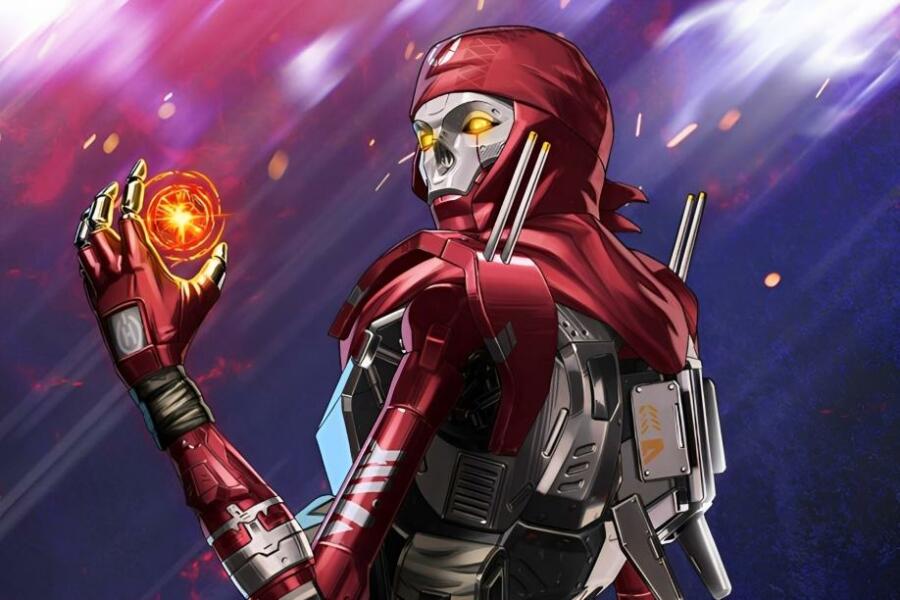
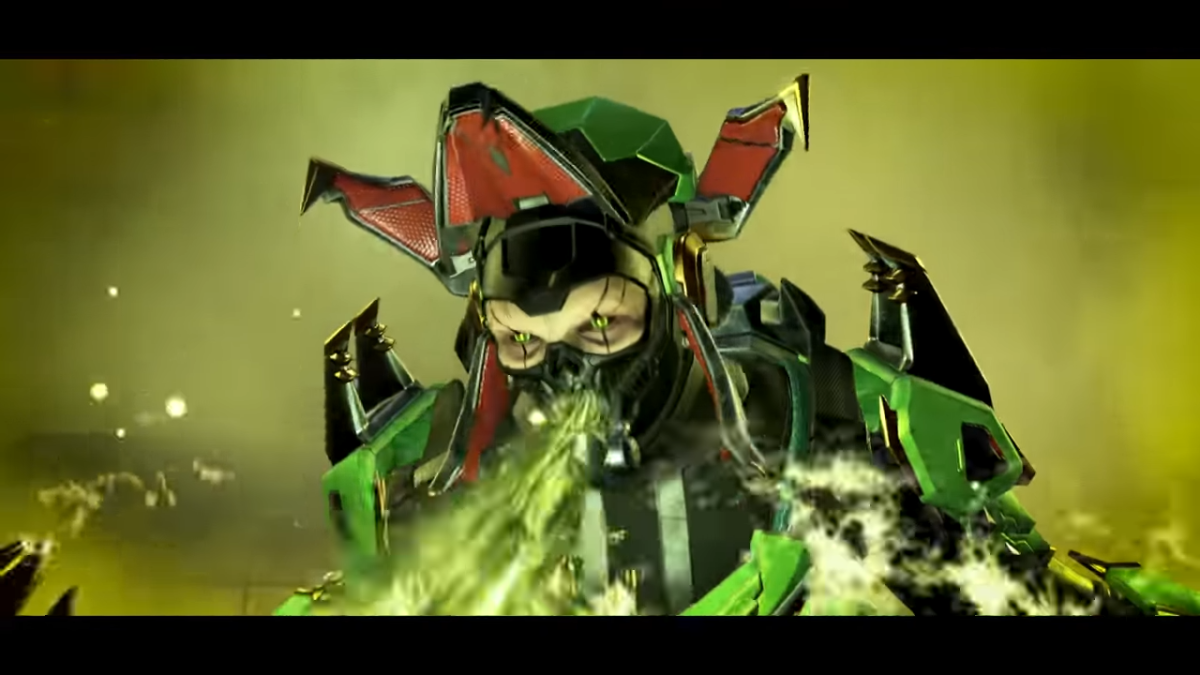
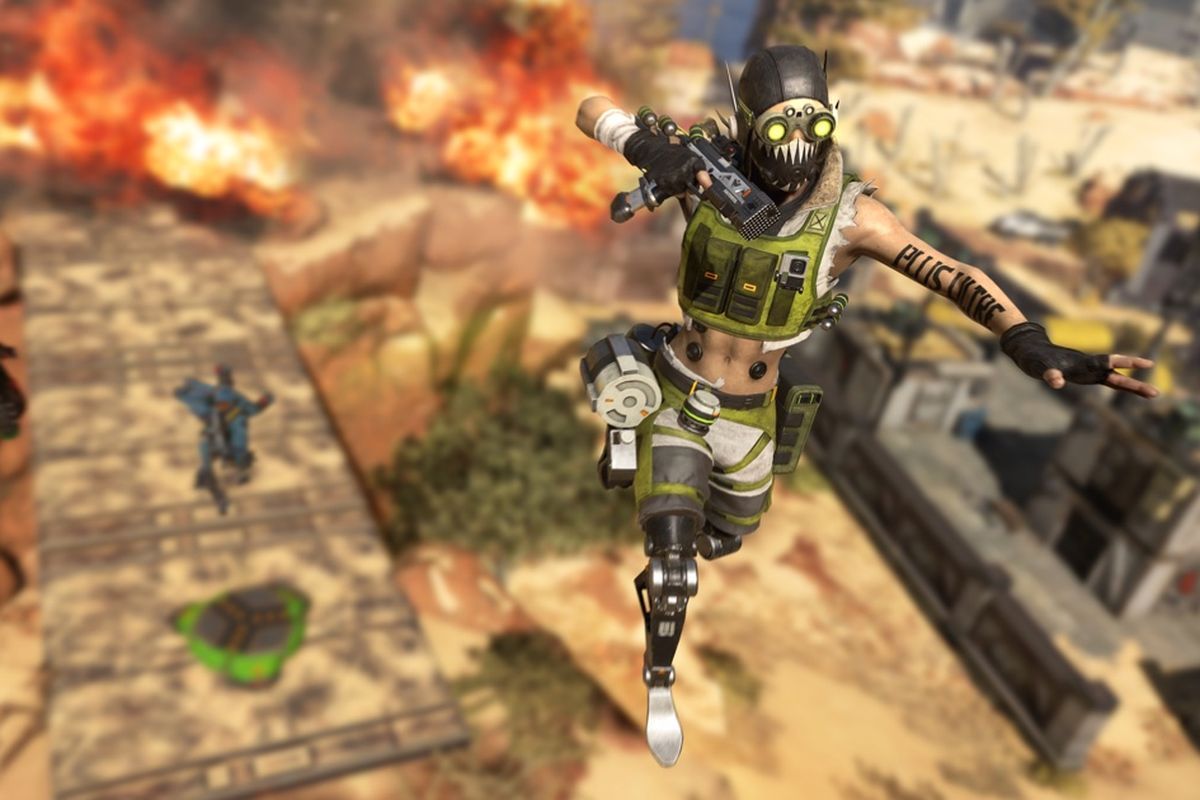
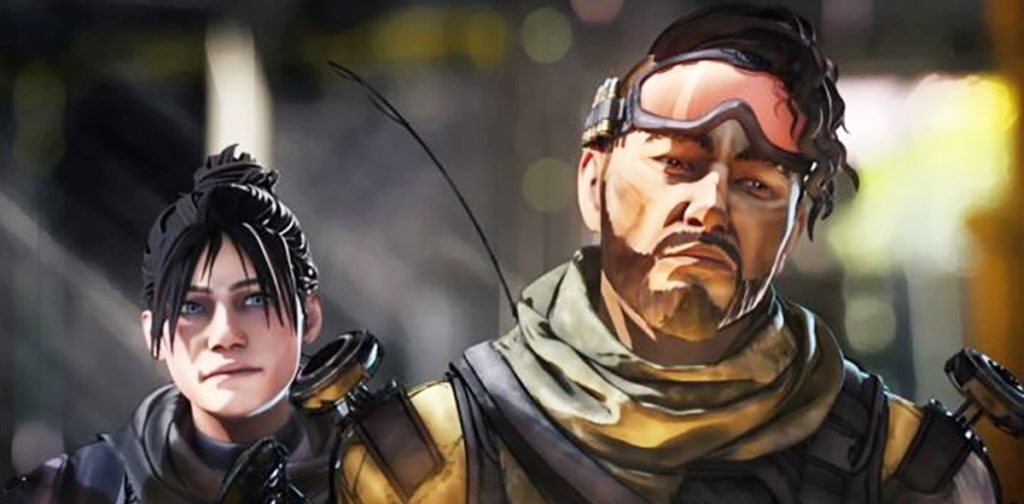
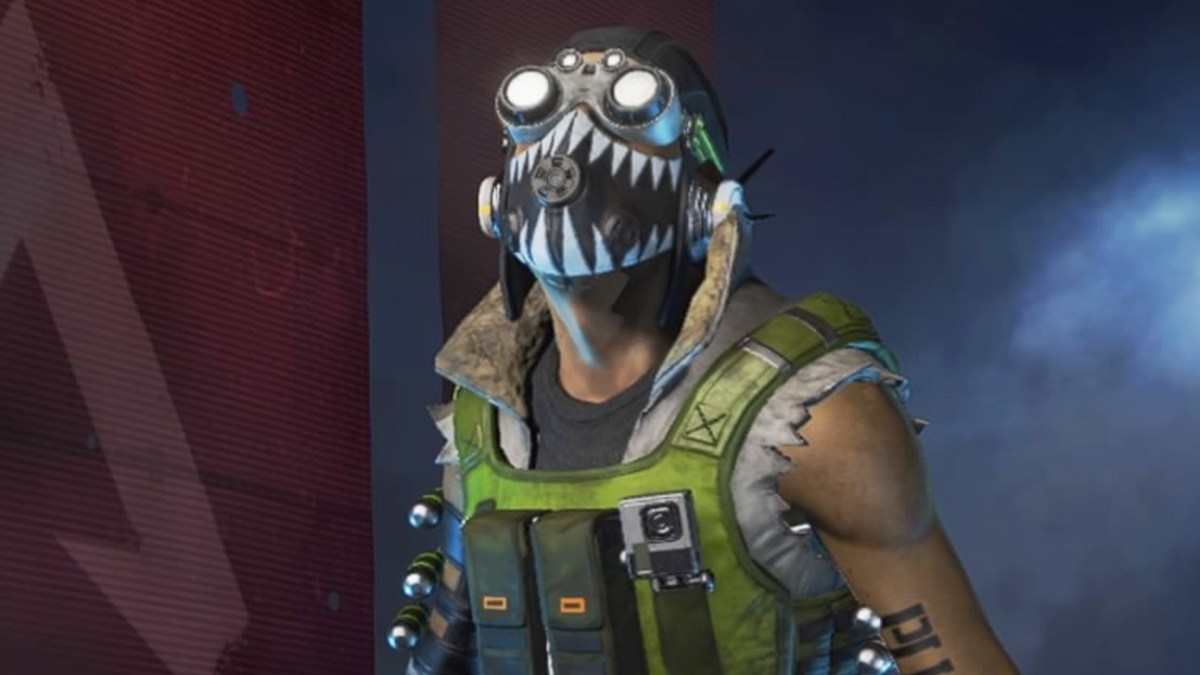
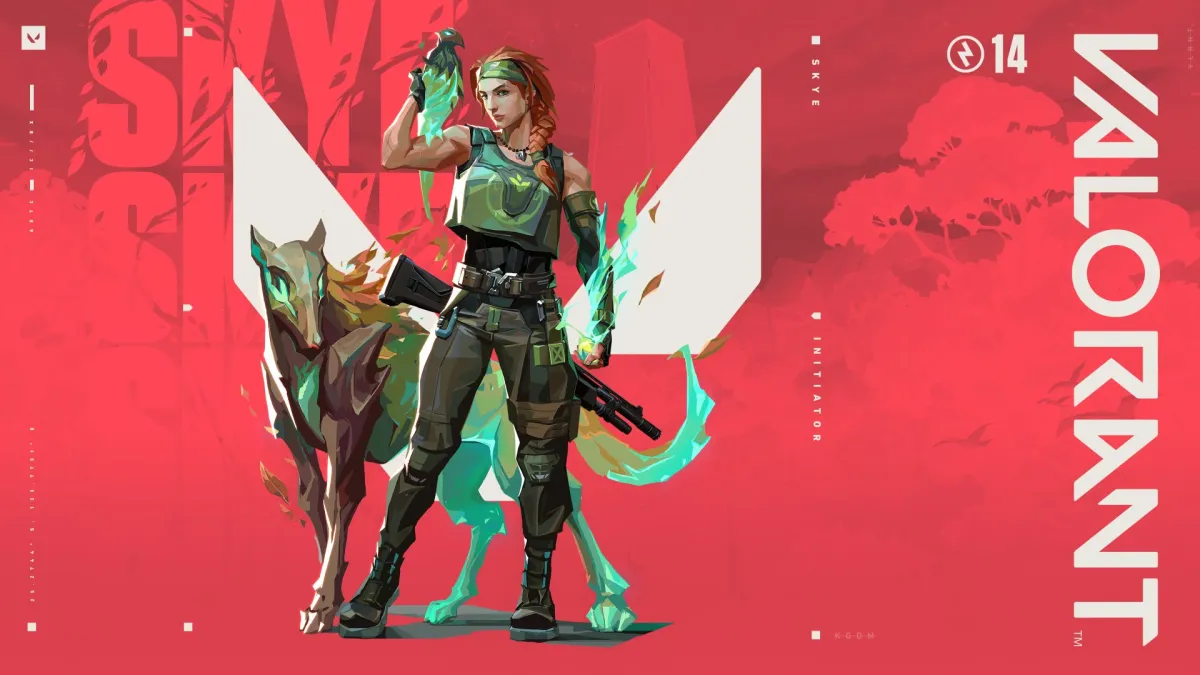
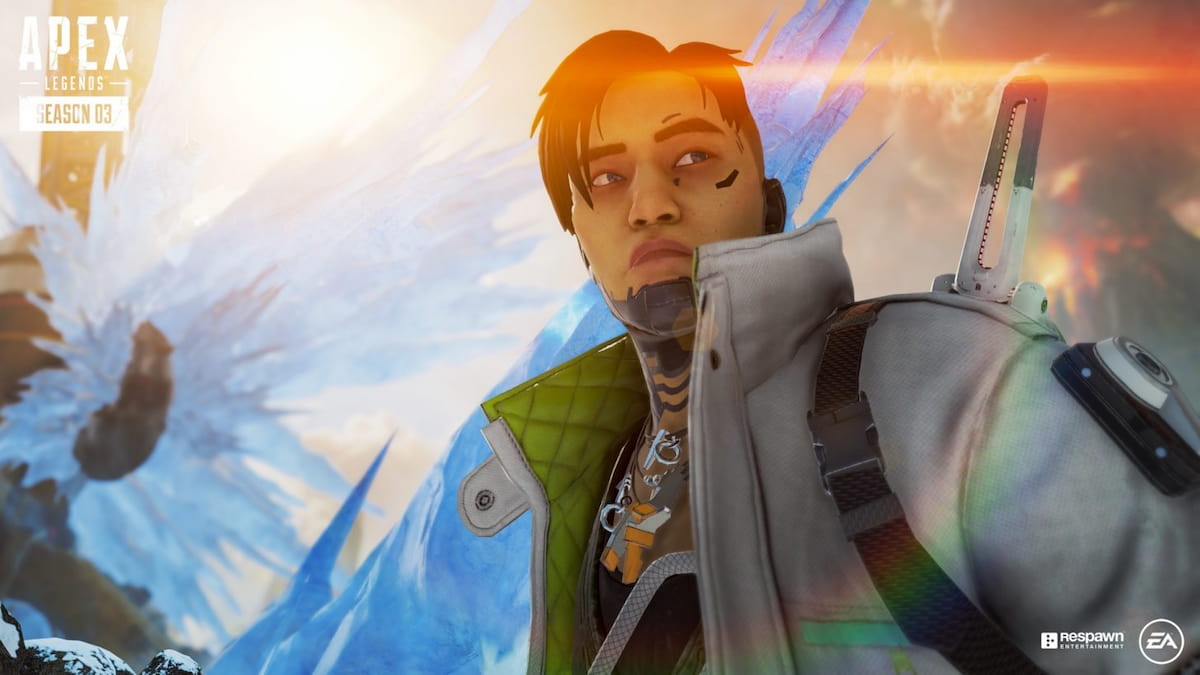
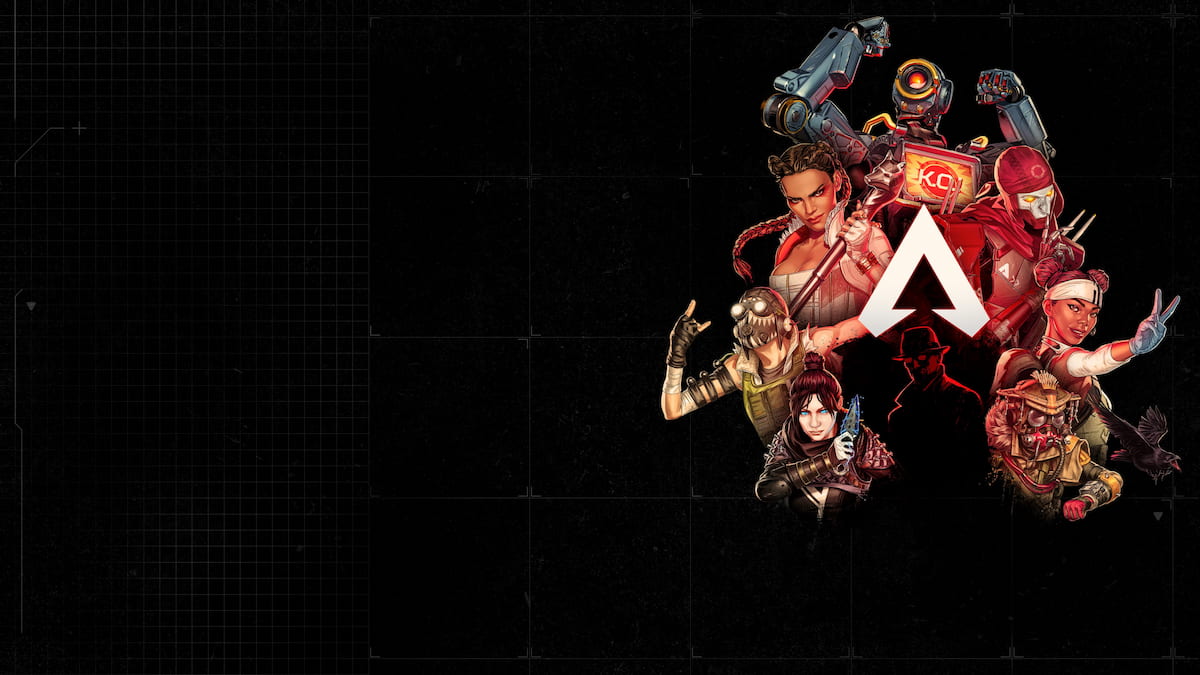
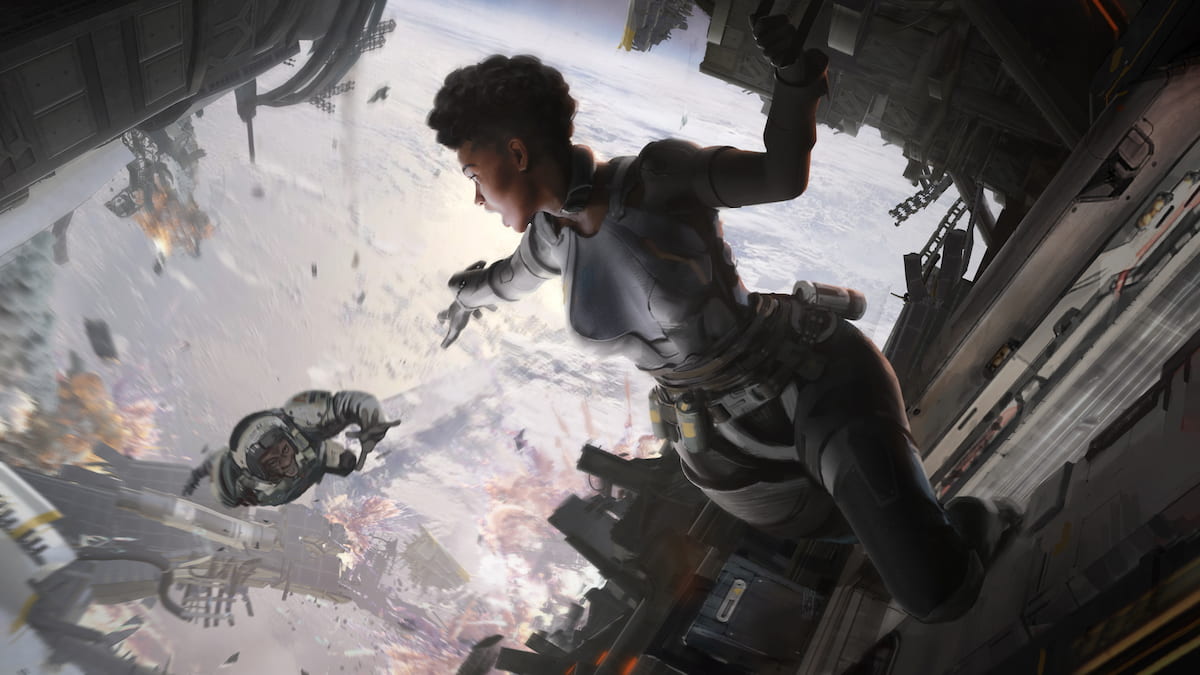
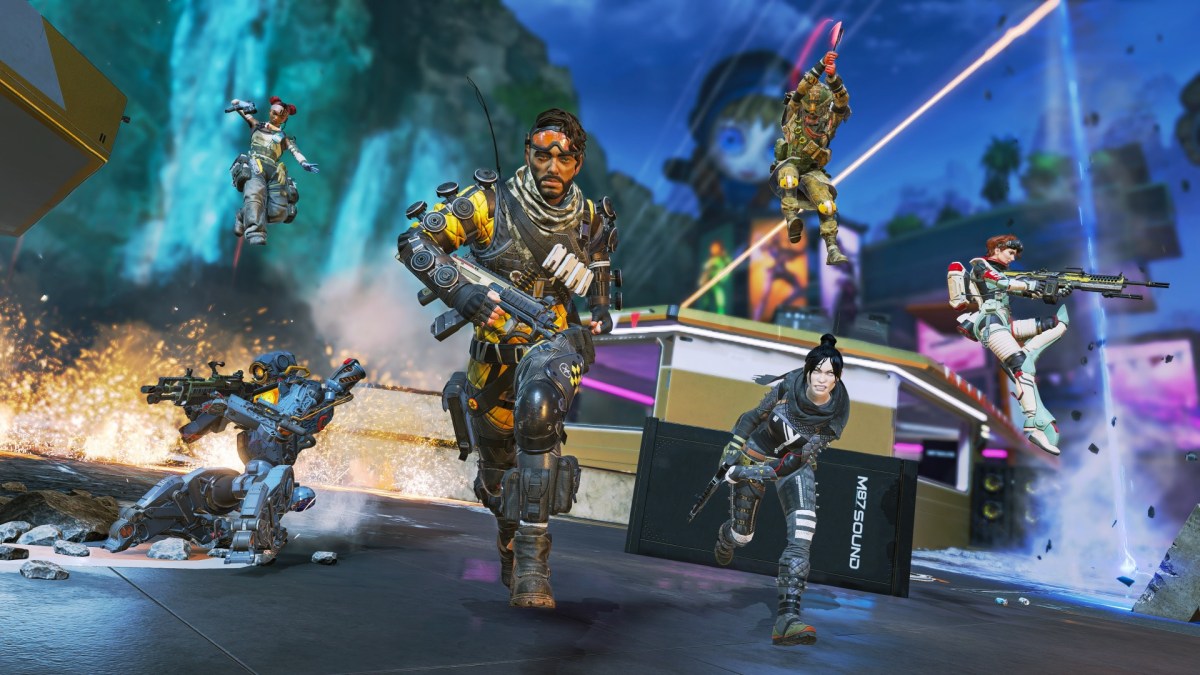
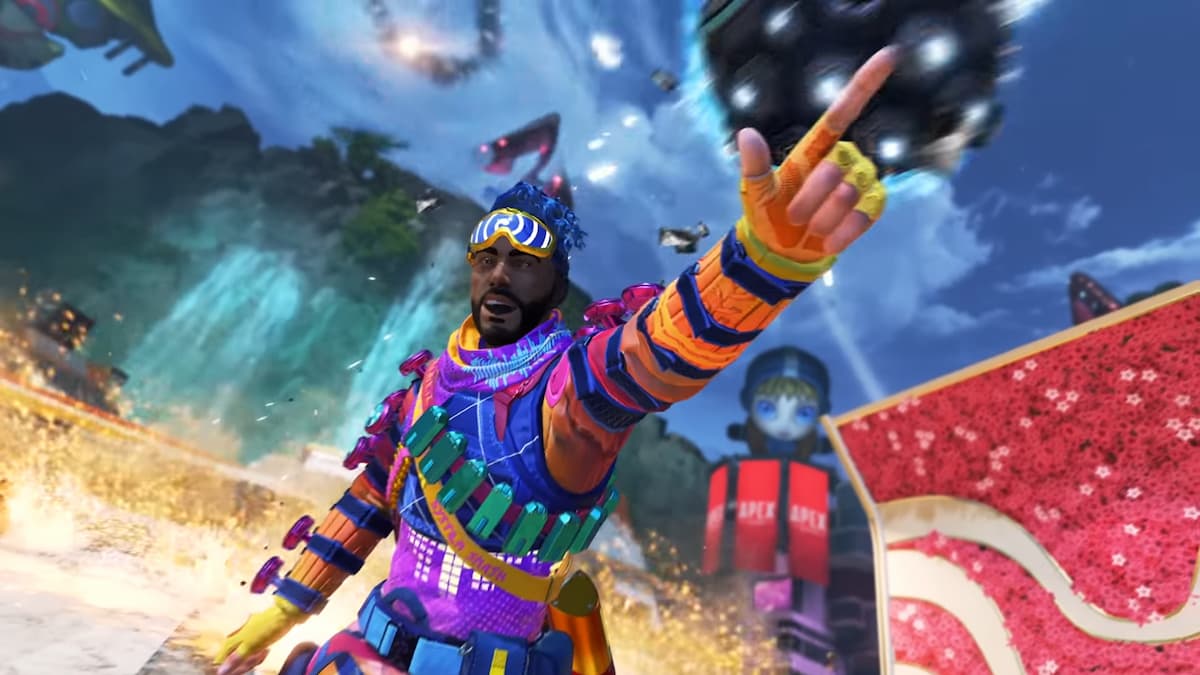

Published: Oct 24, 2021 02:43 pm